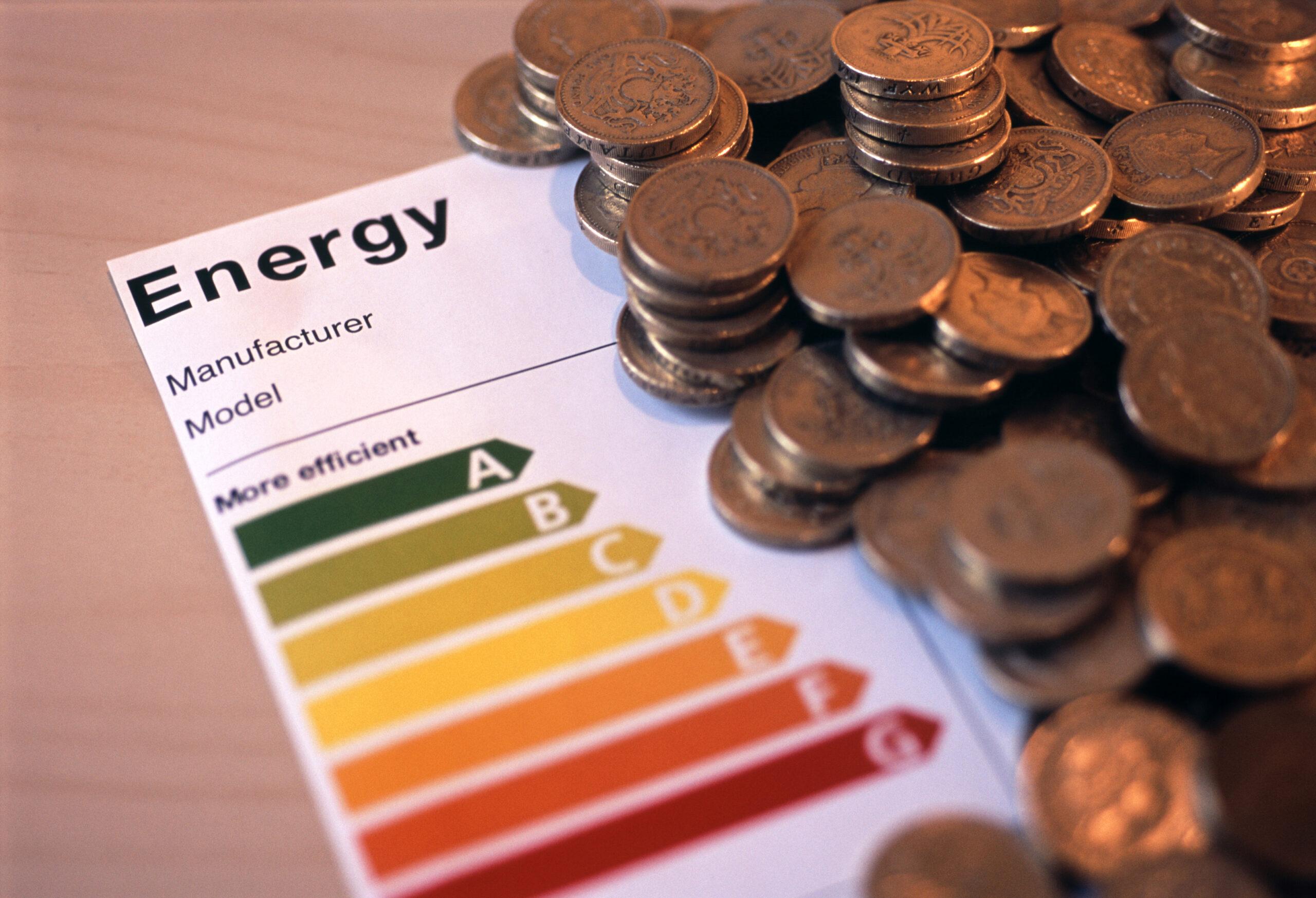Business Energy Broker
The UK housing sector must have higher energy efficiency standards to be able to meet net-zero targets.
As the UK Government expand efforts to reach their net-zero goals it is important to look towards existing housing and energy efficiency ratings. Currently, the housing sector is accountable for 20% of greenhouse emissions which is a large proportion to decrease.
The Environmental Audit Committee (EAC) has warned that the government is underestimating this challenge and must take urgent action ahead of the 2050 deadline. EAC provided evidence that the cost to decarbonise existing homes is likely to be larger than the current government estimates of between £35 billion and £65 billion.
The current estimates made by the government do not include homes with solid walls or within conservation areas. The failure to include these factors will provide an additional increase in the cost of making existing homes more efficient.
In the 2019 manifesto for energy-efficient measures, £9.2 billion was committed to funding energy schemes that will stimulate activity within the housing sector; currently, over £4 billion has been provided. EAC has advised that Home Upgrade Grants and others should be rolled out as intended to start the process of reducing emissions from this sector.
Rt Hon Philip Dunne MP, EAC Chairman, said:
“Further schemes that endure must be rolled out, boosting the Government’s credibility with householders and their contractors that it is determined to decarbonise the nation’s homes. This will give confidence to businesses that they can invest in upskilling and green jobs. Consumer advice must also make clear the necessity and benefits of retrofits: although installations may be disruptive for a short period, in the long run consumers can enjoy warmer homes with lower energy bills.”
However, new figures have shown a significant increase in energy efficiency for new homes. Although existing housing must raise its energy ratings, new homes are being built with energy-efficient technologies and using methods that provide benefits to the customer and environment.
Newly built homes are becoming standard to be within the top-rated bands for efficiency on EPCs (Energy Performance Certificates) and 84% of the newly built homes were given an A or B rating in the last quarter. The number of logged EPCs has risen by 10% compared to figures from 2019 providing more insight and data for efficiency rating within the UK.
This highlights important progress towards net-zero and provides benefits to customers and the environment. By building efficient homes now we can also save on improvements that would have been required later and Government incentives have made it easier to commit to the upgrades, despite lockdown challenges.
Rt Hon Robert Jenrick MP, Housing Secretary, said:
“This government has gone to great lengths to support homebuilding over the past year by keeping the industry open and operating safely during the pandemic – alongside stimulating the market through the stamp duty holiday and a huge £12 billion investment in affordable homes. These latest statistics show the sector remains healthy.”

More information is available by speaking to Jason Thackray on 0333 9000 246 or email :
jason.thackray@utilityswopshop.co.uk